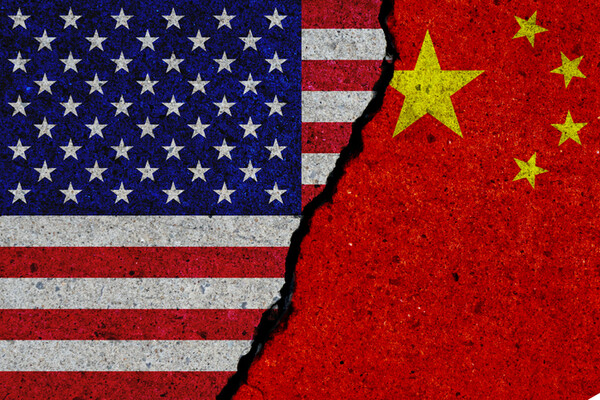As tensions between the U.S. and China in the healthcare industry escalate, the U.S. is intensifying its scrutiny of Chinese companies, extending beyond the biotech sector into medical devices.

The U.S. FDA has recently issued a warning to medical device manufacturers to re-examine the work of third-party laboratories included in their pre-market submission materials.
The FDA has raised concerns that some laboratories are manipulating data, specifically pointing to companies in China and India.
According to RF News, a news outlet under Regulatory Affairs Professionals Society, the FDA on Tuesday released a letter to the medical technology industry, stating that companies must ensure the reliability of third-party laboratories responsible for conducting clinical trials and collecting data for pre-market submissions.
"In recent years, there has been an increase in manipulated test data, duplicated data from other device submissions, or otherwise unreliable data produced by third-party testing laboratories contracted by device firms to perform medical device testing,” the U.S. regulator said. “When such data is submitted to the FDA, the agency cannot base marketing authorization on it, raising questions about the integrity of the entire data."
The FDA emphasized that re-verifying the work of third-party testing laboratories would benefit medical device companies directly applying for approval.
The announcement has caught the attention of the Korean medical device industry.
"Though regulations are less stringent than in pharmaceuticals, medical devices still need to undergo clinical trials before approval,” a Korean medical device company official told Korea Biomedical Review, asking to remain anonymous due to the sensitivity of the issue. “It's natural for China and India, with their large populations and easier patient recruitment, to be attractive candidates.”
It is widely acknowledged that when conducting clinical trials in these two nations, meticulous attention must be paid to the selection of testing laboratories. This caution is warranted due to past occurrences wherein the contracted parties tampered with data or deliberately assembled patient groups from the outset to recruit individuals likely to yield favorable outcomes.
“Conducting trials tailored to such preferences almost guarantees positive results, which seasoned regulatory bodies like those in the U.S. would naturally detect and reject,” he said. “As the U.S. is the largest market, the direct announcement by the FDA is not without its impact as most Korean medical device companies and startups look to conducting business within the U.S.”
While a cautious approach is warranted, Korean companies will likely be more cautious about conducting clinical trials in the two countries and may seek to conduct them elsewhere in the future, he added.
Meanwhile, this announcement from the FDA comes amid an intensifying biotech supremacy battle between the U.S. and China, especially following the introduction of the BIOSECURE bill by the U.S. House of Representatives on Jan. 25.
The bill aims to prohibit medical service providers receiving federal funds from using products or services from Chinese biotech companies deemed a threat to national security.
The U.S. House has identified genetic analysis company Beijing Genomics Institute (BGI) and Chinese contract development and manufacturing organization (CDMO) WuXi Biologics and its subsidiary WuXi AppTec as national security threats.
Furthermore, the U.S. API Innovation Center has set a goal to produce 25 percent of all low-molecular active pharmaceutical ingredients domestically within five years to reduce dependency on Chinese biotech companies.
In light of these developments, Korean securities analysts predict that Korean CDMO companies, like Samsung Biologics, considered safe from U.S. sanctions, may benefit in the medium to long term by attracting existing or potential customers of WuXi Biologics, especially if the BIOSECURE bill passes.

